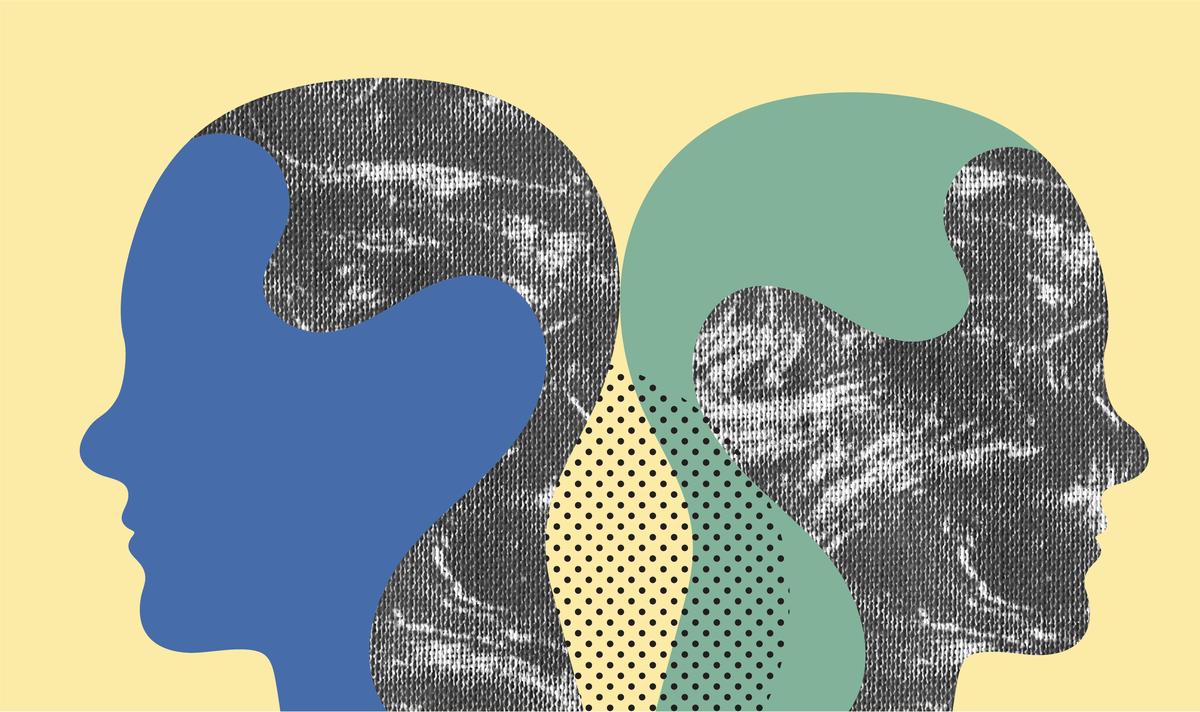Post perpetuates stereotypes about unhoused people with mental health conditions
Plus, social media users drew attention to postpartum depression and racial disparities in mental health care.

Plus, social media users drew attention to postpartum depression and racial disparities in mental health care.
This past week, an X post from Elon Musk depicting unhoused people as “violent” individuals with mental health conditions garnered more than 33 million views, and many comments said that Musk was overgeneralizing. A video seemingly depicting a mother yelling at her baby sparked conversation about postpartum depression, and the acquittal of a Marine veteran who killed a Black man with a history of mental health conditions spurred discussion about Black mental health.
In light of these conversations, communicators may recirculate materials about postpartum depression and share mental health resources geared toward unhoused people and Black men.

Insights brought to you by the reporters and science writers of Public Good News (PGN), a nonprofit newsroom dedicated to improving community health.
What’s trending nationally in conversations about mental health
On December 10, Elon Musk reshared an X post claiming that giving unhoused people housing leads to violence and overdose deaths. Musk’s own text that went along with the repost claimed that the term “homeless” is a “a propaganda word for violent drug addicts with severe mental illness.” His post received approximately 33.3 million views, 135,000 likes, 24,000 reposts, and 17,000 comments as of December 18. Many comments argued against Musk’s post, stating that he is perpetuating unfounded stereotypes, that there are a variety of reasons why people experience homelessness, and that mental health conditions do not necessarily lead to violent behavior. Some also acknowledged that the trauma of being unhoused can cause or exacerbate mental health conditions.
A recent Facebook reel appearing to show a mother yelling at her baby with the caption “postpartum is real!” received approximately 100,000 views, 970 likes, and 1,500 comments as of December 18. Comments on the video—which was originally posted on TikTok in 2023—were mixed, with some claiming that the mother in the video is “mentally unfit.” Others expressed compassion and shared their experiences with emotional outbursts while living with postpartum depression.
On December 9, a New York City Marine veteran was acquitted of criminally negligent homicide in the chokehold death of Jordan Neely, an unhoused Black man with a history of mental health conditions. In response to this news, social media posts across multiple platforms highlighted racial disparities in mental health care, the risk of police violence that Black men with mental health conditions face, and the mental health needs of Black men. One X post read, “Black male mental illness in this country is punished, prosecuted, and executed. Jordan Neely was murdered for being mentally ill.” The post received approximately 74,100 views, 1,300 likes, 410 reposts, and 650 comments. Some comments agreed with the post’s sentiment, while others suggested that Neely had a history of violence and did not deserve mental health resources. Others stressed that Black men need mental health resources and often struggle to find support.

Recommendations brought to you by the health communication experts behind Infodemiology.com.
Recommendations for public health professionals
Each week, the Infodemiology.com team will provide messaging recommendations in response to some of the trending narratives outlined above. These helpful tips can be used when creating content, updating web and FAQ pages, and developing strategy for messaging about mental health.
In response to conversations about unhoused people with mental health conditions, communicators may share local outreach and crisis intervention programs and information about local shelters. Sharing free mental health resources, such as SAMHSA’s National Helpline and the 988 Suicide & Crisis Lifeline, is recommended. Communicators may also want to share resources for friends and family members supporting people with mental health conditions who are unhoused or may become unhoused. If responding to false claims that mental health conditions always lead to violent behavior, messaging may emphasize that people with mental health conditions are more likely to be victims of violence than perpetrators.
Conversations about postpartum depression provide an opportunity to outline PPD warning signs and treatment options. Communicators may also want to share mental health resources for pregnant and postpartum people, including therapist directories, support groups, local mental health centers, the National Maternal Mental Health Hotline, and the Postpartum Support International Helpline.
Online discussion about Black men and mental health shows a need for mental health resources geared toward this community. Communicators may share referral services and therapist directories where people can search for culturally competent therapists, as well as local support groups tailored to Black men. Call BlackLine is a peer support hotline for people of color and LGBTQ+ people that does not contact police. Communicators may also provide information about Black Men Heal and The Confess Project, which provide mental health support for Black men.
